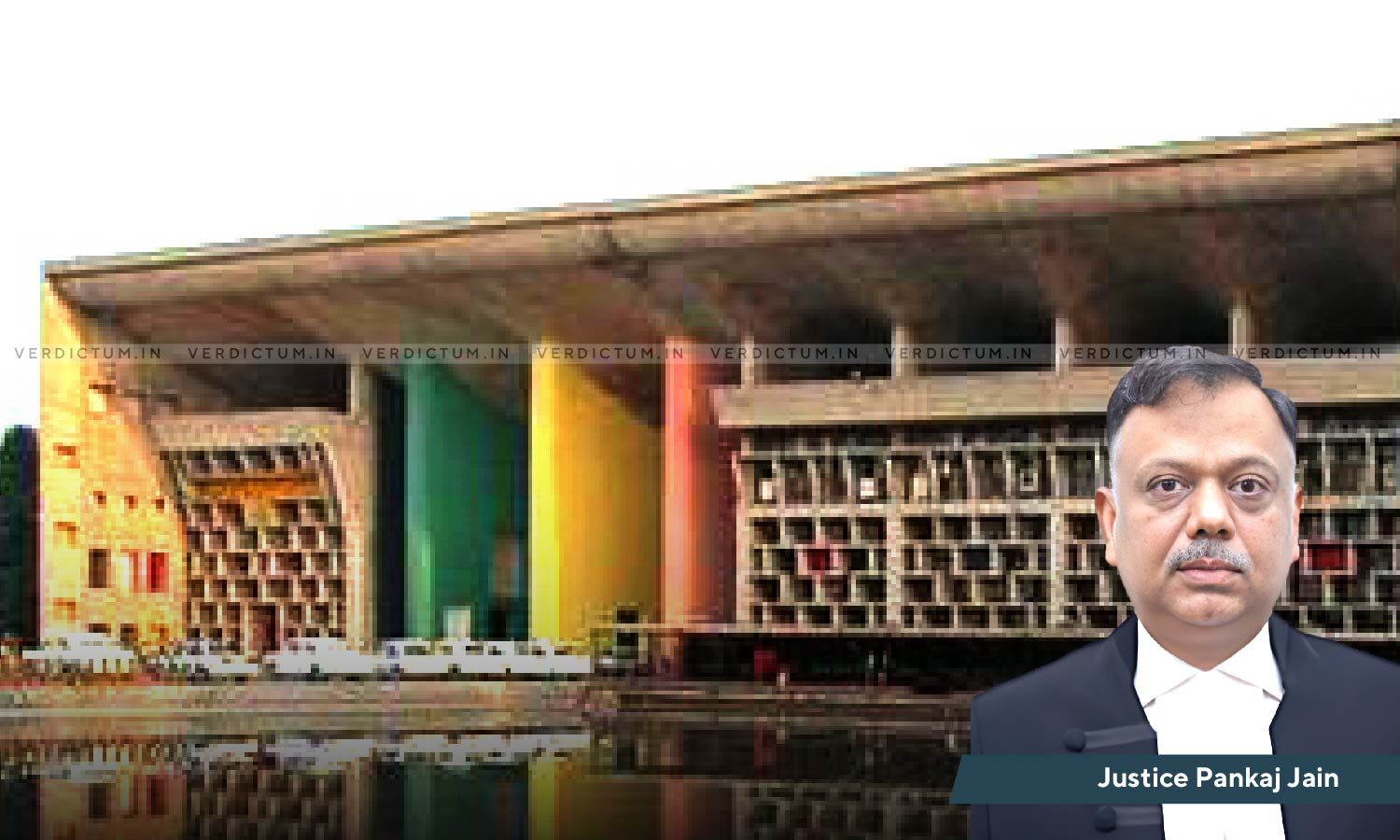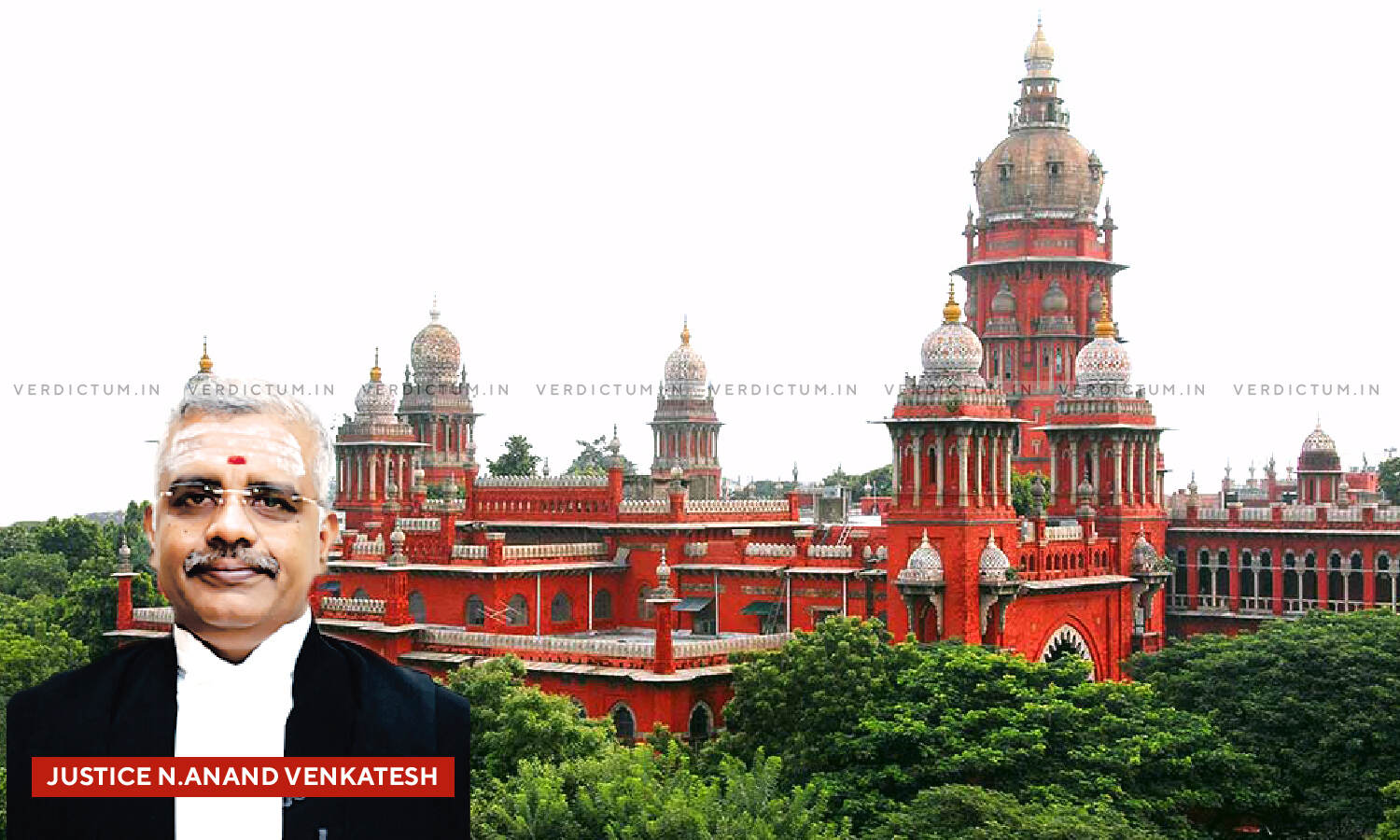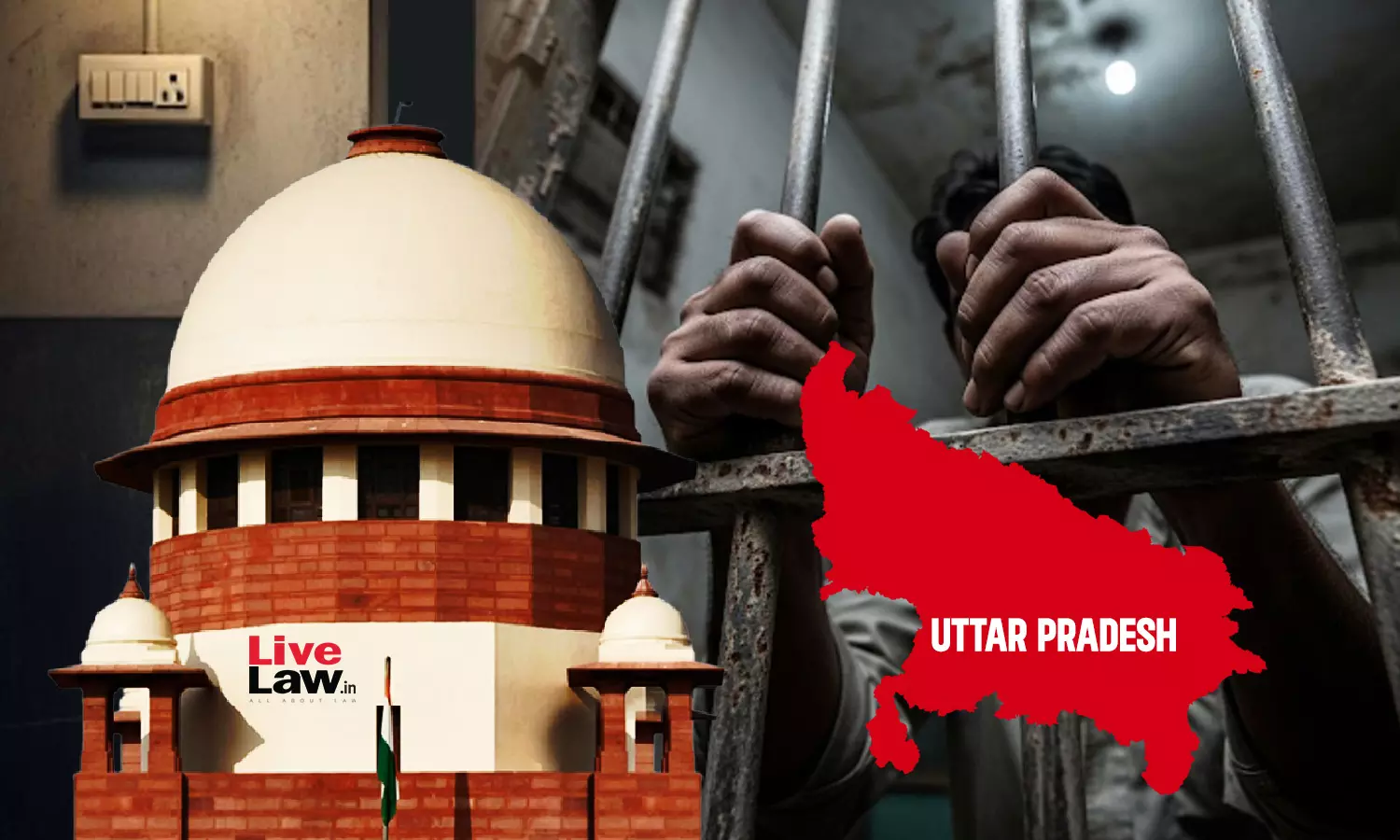Kerala High Court Directs Pollution Control Board, Cochin Corporation To Act Against Entities Polluting Thevara-Perandoor Canal
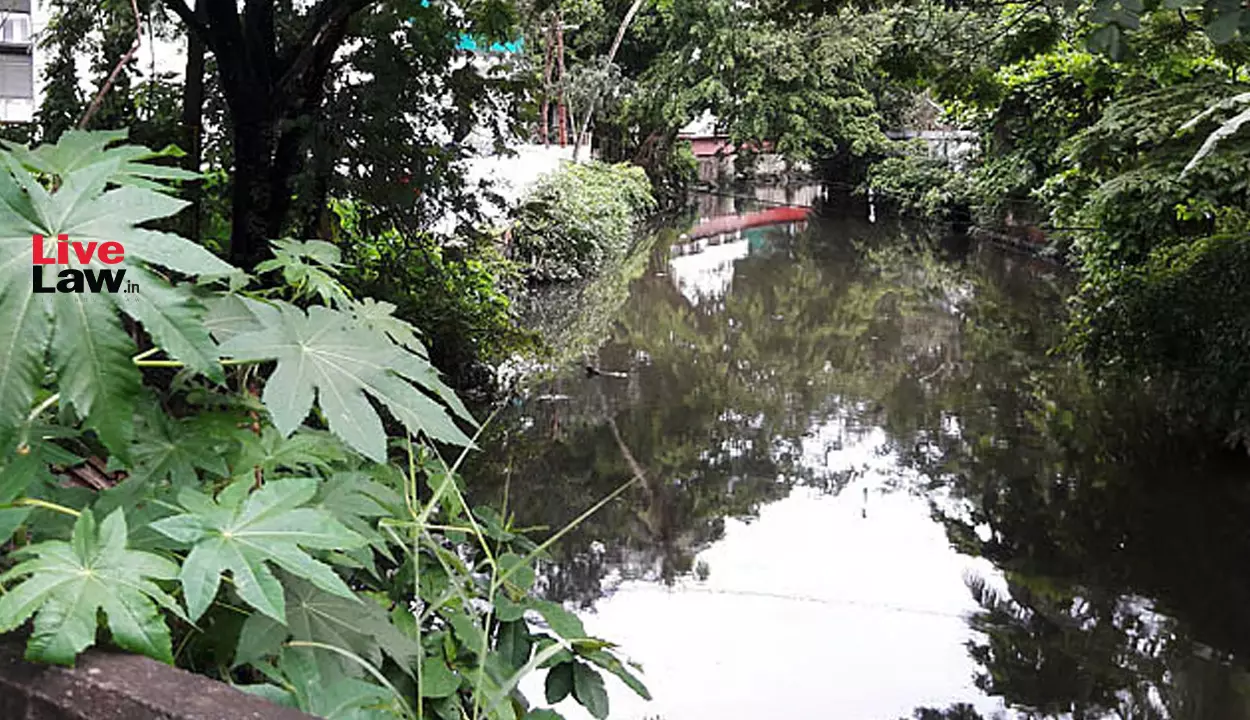
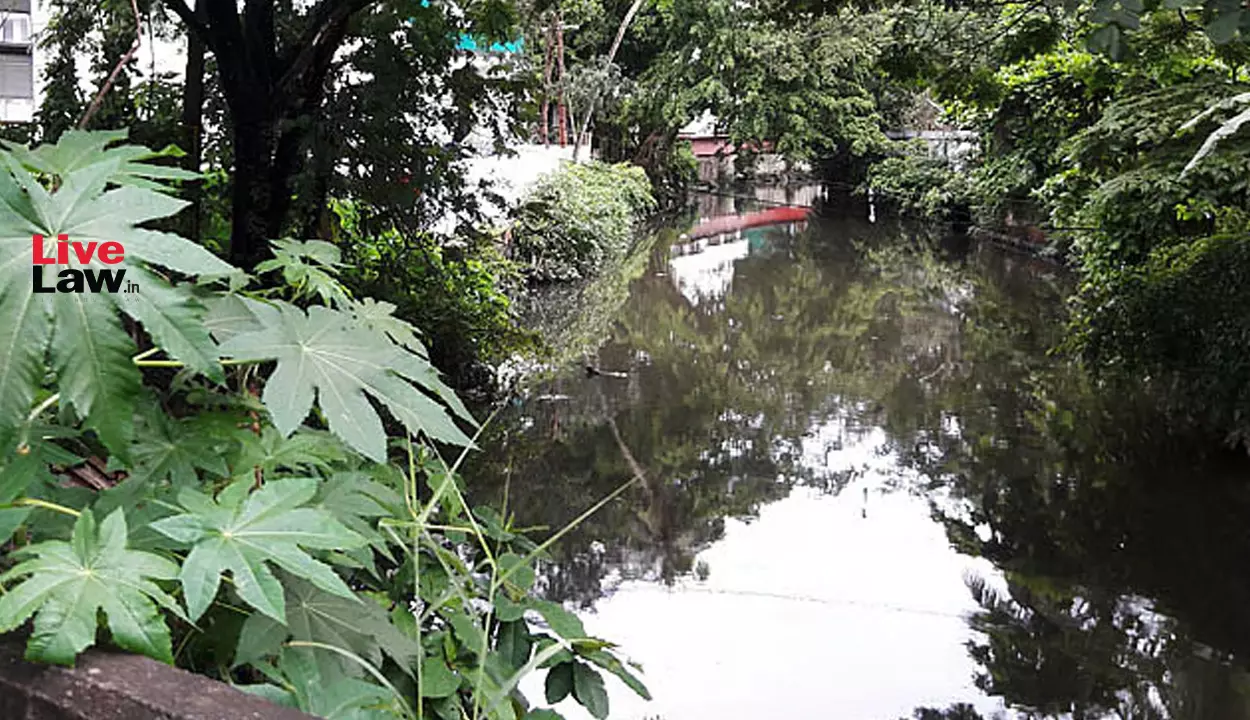
The Kerala High Court on Monday (June 23) issued detailed directions to the Kerala State Pollution Control Board (KSPCB) and the Cochin Municipal Corporation to issue notices to entities that are responsible for polluting Thevara-Perandoor canal in Kochi.
The directions were passed in a suo moto proceedings initiated by the High Court in 2022.
The KSPCB has been directed to issue notice of closure and the Municipal Corporation has been asked to issue notices for cancellation of occupancy certificates— of entities that do not have STPs and are functioning in violation of the conditions prescribed under Rule 19A(4) of the Kerala Municipality Building Rules, 2019.
For context, Rule 19A(4) requires clearances and No Objection Certificates (NOCs) from the Authorities concerned under other relevant Acts or Rules. As per the circular issued by the KSPCB dated 22 April 2010, which includes apartment complexes above 2000 sq. metres, the installation of an STP is a condition contemplated under Rule 19A(4) of the Rules of 2019. Only after these clearances are obtained, an occupancy certificate is issued.
In the previous interim orders passed by the Court, it has been made clear that if the conditions on which the occupancy certificate is granted are not fulfilled, the Municipal Corporation can revoke the certificate.
Today, when the matter came up, the Court issued the following interim direction:
“The performance of both the Municipal Corporation and the Pollution Control Board is entirely unsatisfactory…It is stated that no unit has actually been closed for violation till date…There is no explanation whatsoever for this failure. It’s only after we had passed the orders that the Pollution Control Board seems to have taken up the issue. Complete lapse, which has gone unexplained for more than two years, suggests that the Pollution Control Board is under the impression that issuing repeated notices is the only action it can take. We direct the Pollution Control Board that wherever all ingredients of issuance of closure notice are present, the same shall be done immediately, within a period of 10 days from today.”
As regards the Municipal Corporation is concerned, the Court said, “Municipal Corporation is empowered to cancel occupancy certificate if pollution control norms, which are part of the planning permission, are violated. Despite this, what is placed before us is only a draft notice of cancellation of occupancy certificate. The learned counsel for the Municipal Corporation states that 84 entities have been identified for the purpose of taking action for cancellation of occupancy certificate. This action be taken within 10 days from today.”
Both the Pollution Control Board and the Municipal Corporation have been directed to place these notices by way of affidavits on the next date of hearing, July 03.
Background
A suo motu public interest litigation was initiated by the High Court in December, 2022 on the basis of a news report, which stated that untreated liquid wastes from major flats and houses are being discharged into the Thevara-Perandoor Canal (TP Canal). In the writ petition, the Corporation of Cochin, the Kerala State Pollution Control Board (KSPCB), the Secretary of Local Self Government Institutions and the Secretary of Ministry of Housing and Urban Affairs were impleaded as respondents 1, 2 and additional respondents 3, 4 respectively.
During the course of the proceedings, respondents 1 and 2 had submitted before the Court that the matter is pending before the National Green Tribunal (NGT) with respect to rejuvenation of Thevara-Perandoor Canal and Edappally Canal and periodical reports are being filed therein.
Subsequently, the Corporation filed an affidavit stating that a list of polluting flats had been prepared as per the direction of the NGT, notices had been sent out and an expert committee was constituted to monitor the same. The Environmental Engineer of the KSPCB filed affidavit stating that action plans had been formulated for the rejuvenation and prevention of contamination of five canals in Ernakulam city, including Edappally Canal, Thevara-Perandoor Canal, Chilavanoor Canal, Thevara Canal and, Market Canal.
Later, it was submitted that the Municipal Corporation has prepared a bye-law for septage waste management and to monitor the private tankers used for collection of septage waste. Moreover, there had been proposals to construct more STPs (Sewage Treatment Plants) for faecal sludge in the city. The 4th respondent was impleaded at that juncture to facilitate administrative sanction for the FSTP (Faecal Sludge Treatment Plants) project under the AMRUT scheme.
In 2025, Adv. P. Ramakrishnan was appointed as Amicus Curiae to assist the Court. Moreover, there was a direction to officers in charge of the four zones, through which the 11.15 km long canal runs, to ensure strict compliance with the previous directions of the Court and to take measures to prevent the discharge of untreated liquid waste into the canal. The officers were empowered to take action in case of any deterrence. The Corporation was directed to convene a meeting of stakeholders to formulate a comprehensive action plan, including short-term and long-term measures, for the proper treatment and disposal of liquid waste, and preventing its discharge into the canal.
Another detailed interim order was passed by the Court in March 2025 after considering three aspects: cleaning of the canal, maintaining cleanliness and hygiene, and restricting / preventing neighbourhood establishments from polluting it. The Court recorded the submissions made by the respondents. The Corporation had submitted before the Court that desilting and cleaning of the canal would be completed by May 31 and March 31 respectively.
Regarding short-term and long-term measures, the Corporation’s submissions were recorded in the interim order. The short term measures included the implementation and enforcement of fines and legal consequences for illegal dumping; installation of CCTV cameras and monitoring systems in high risk areas to deter dumping and identifying the offenders; conduct of inspections of canals and surrounding areas; providing easily accessible and affordable waste collection and disposal services; ensuring regular and reliable waste collection services; launching of public awareness campaigns; involving local communities in clean-up drives; integration of environmental educational school programs; propagation of My Kochi App developed for citizens to report the illegal dumping incidents quickly and easily; placement of clear and visible signs indicating the penalties for illegal dumping; and the organization of regular community clean up works.
The long-term measures included the installation of fences, barriers and gates around the Canal to restrict access to potential dumping sites; the creation and implementation of long-term waste management plans; the implementation of a waste-to-energy project; strategically placing waste collection points and recycling bins in convenient locations to discourage dumping; designing of urban areas, green spaces, and buffer zones around the Canal to reduce access for illegal dumping; and to implement the Master Plan projects.
The KSPCB submitted that STPs are functional in many place but it has identified several establishments that did not functioning STPs and sent show cause notices to these in 2022. However, no steps were taken in the last three years to set up STPs and the KSPCB did not follow up regarding the progress of the show cause notices.
The Municipal Corporation also submitted that occupancy certificates given to establishments can be revoked if the condition of installation of STP is not satisfied. In the interim order, the Court had stated that KSPCB and the Corporations will place on record how they intend to fulfil the statutory mandate, including the cancellation of occupancy certificates, and place a time-bound action plan.
Case Title: Suo Motu v. Corporation of Cochin & Ors. and Connected Case
Case No: WP(C) No. 40564 of 2022 and Connected Case
Counsels for the Respondents: K. Janardhana Shenoy – R1, T. Naveen – SC – Kerala State Pollution Control Board, S.Biju, Senior Panel Counsel – R4, Kannan, Special Government Pleader
Amicus Curiae – P. Ramakrishnan



